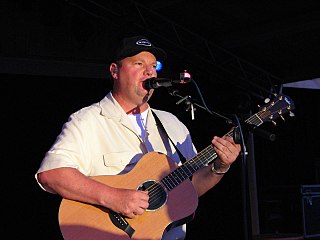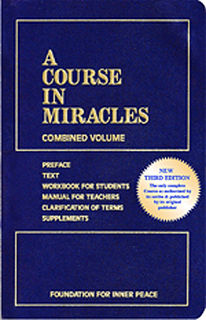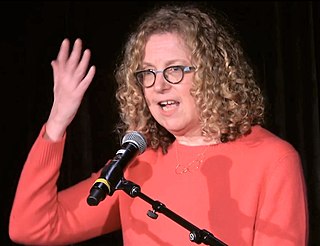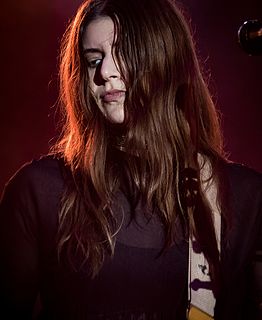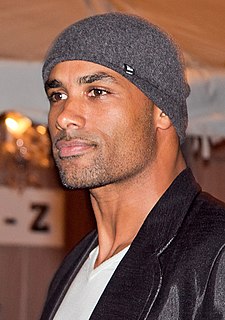A Quote by Christopher Cross
I have a daughter, and it's a very bad message to send to my daughter that to be valid or accepted or to have value, you have to look a certain way. It's all about appearance, and not about education and not about contributing. I think we've completely lost our way.
Quote Topics
Related Quotes
The way you will experience and feel about yourself is not determined by how other people look and feel about you. The way that you will experience and feel about yourself is actually determined by how YOU look at and think about THEM. Whatever we think about others is really like sending a message about ourselves to our self.
I'm bad at thinking about society. I love to make fun of very small aspects. For instance the privacy rules we have in the States. Where you sign this thing that you've never read, and if you ever read it you discover there's no privacy whatsoever. But I don't know how to think sociologically, to tell you the truth. My son is a political scientist and my daughter-in-law is a sociologist. I can't think that way. I am not a good political militant at all. I keep thinking about what the other side must look like.
There is no such thing as education. The thing is merely a loose phrase for the passing on to others of whatever truth or virtue we happen to have ourselves. It is typical of our time that the more doubtful we are about the value of philosophy, the more certain we are about the value of education. That is to say, the more doubtful we are about whether we have any truth, the more certain we are (apparently) that we can teach it to our children.
One of the challenges is to create an equally positive, satisfying sense of femininity and feminine identity in a different way so that there are things you're saying yes to and satisfying that urge that your daughter has to be assert her girlness. The surface level of the culture, and really several inches into it, makes that very hard to do. I hate to put another thing on parents' plates. But the culture is very intentional in what it's telling your daughter and what it's telling you about the message of femininity. And if you're not intentional and conscious back, you lose.
I never thought about having a daughter, and then I had a daughter, and it was a remarkable thing. It was very different from having a son and your response to it. With a son, it's much more complex. And it's probably because of my stuff in the past. With a daughter, I was surprised at how simple it is.
There's no other way to learn about it, except through documentaries. I encourage documentarians to continue telling stories about World War II. I think documentaries are the greatest way to educate an entire generation that doesn't often look back to learn anything about the history that provided a safe haven for so many of us today. Documentaries are the first line of education, and the second line of education is dramatization, such as The Pacific.
